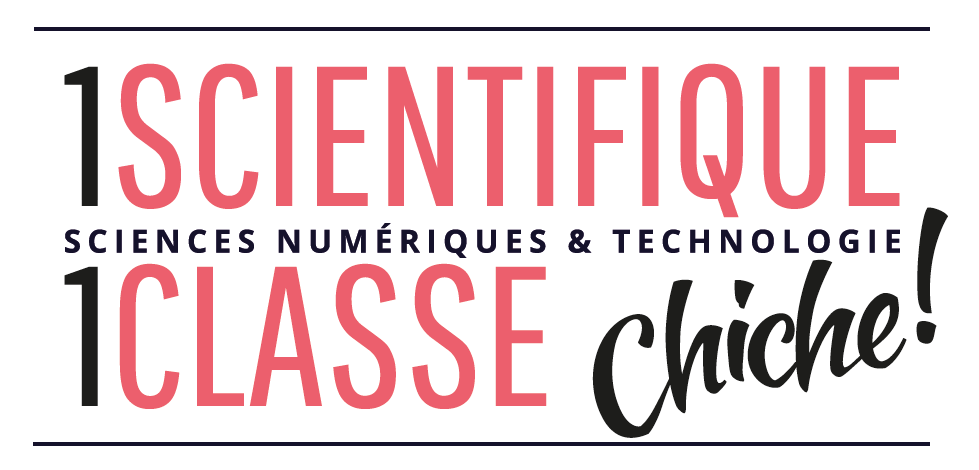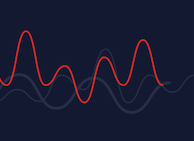Bringing together scientists and year 11 pupils across Nouvelle Aquitaine: no problem!
Date:
Changed on 26/04/2022

When it comes to scientific outreach, the month of October is always a very busy one, with a wide range of events taking place as part of the Fête de la Science. But on Friday 2 October, it wasn’t just this that brought together Anne Bisagni-Faure, university chancellor and chief education officer for Nouvelle Aquitaine and Bordeaux, and Nicolas Roussel, director of the Inria Bordeaux - Sud-Ouest research centre. Rather, it was their shared ambition to bring together scientists and year 11 pupils as part of their new “Digital Science and Technology” course. The national programme: “1 scientist, 1 class: no problem!” is the ideal tool for making this a reality.
The idea of bringing scientists into classrooms is nothing new. It has been done on a number of occasions by a range of figures from within the world of science, like Cap Sciences, or many others in research centres like Inria. What sets this project apart is its application scope. For the very first time, the French Ministry for Higher Education, Research and Innovation and the Ministry for Education, Youth and Sport are joining forces across the country with stakeholders from the world of research as part of an educational programme for all year 11 pupils in France. There are a range of objectives; as is the case with all scientific outreach initiatives supported by Inria, the aim is to enlighten citizens about the use of digital technology. But there is also a desire to make young people aware of professions in this field, professions which are open to everyone. Indeed, one of the aims for the scientists going into schools will be to show young women in fifth year that careers in this field are just as accessible for them as they are for their male counterparts.
This national programme wouldn't be possible without the involvement of local players. This is particularly true in Nouvelle-Aquitaine, where the Inria Bordeaux - Sud-Ouest research centre was the first to sign an implementation protocol with the local education authority. By signing this document, the centre made a commitment to recruit volunteers to go into classrooms across the region, in addition to providing them with training and support. The local education authority, meanwhile, will be responsible for communicating with teachers and facilitating access to schools for volunteers. The two organisations will work together to pair volunteer scientists up with schools.
This project meets targets set by both Inria and the Nouvelle Aquitaine education authorities.
The academic project that we are in the process of building has two main areas of focus. The first concerns regional inequalities, while the second concerns the development of young people within 21st-century society. This project is designed to tackle both of these issues explained Bisagni-Faure immediately prior to signing the protocol.
In terms of the institute’s objectives, “1 scientist, 1 class: no problem!” is very much in keeping with the 2019-2023 Objectives and Performance Contract, which made this a priority initiative.
Titre

Titre du lecteur
Check out Nicolas Roussel’s audio interview on the subject (in French)
Fichier audio
Audio file